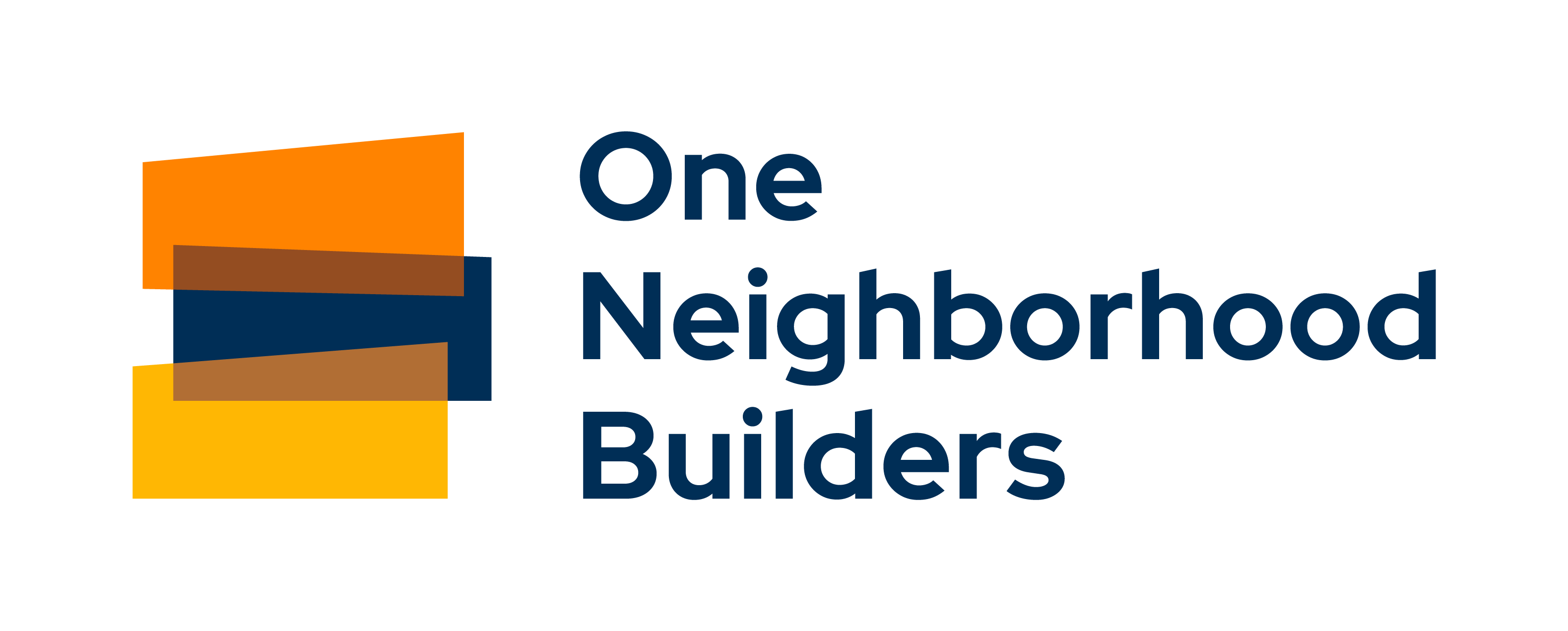Lynn Arditi, Health Reporter The Public’s Radio
A gas generator makes an unholy roar outside St. Bartholomew’s Church in the city’s Silver Lake section where a shiny white trailer is parked.
Inside the trailer on this chilly March afternoon it’s warm and filled with light. Two healthcare workers are seated at a long folding table behind plexiglass dividers, working on laptops. Their cushioned benches double as storage space.
“We’re able to store items here, as the vehicle moves, so things are not sliding, left and right,’’ said Laurie Moise Sears, director of community health integration at ONE Neighborhood Builders, a Providence-based nonprofit that owns the trailer.
She hands out gift bags filled with face masks, hand sanitizer and informational fliers to people who stop by. And she asks them if they have been vaccinated. If they haven’t, and they live in Providence, Moise Sears invites them to sit down with one of the health care workers, who can sign them up for a shot.
“We’ve already had some folks who said they’ve tried online,’’ she said, “and weren’t successful.’’
Navigating the state’s vaccine registration system remains challenging, especially for residents with no reliable internet access or time to hunt for openings. The nonprofit is targeting neighborhoods in two of the city’s hardest-hit zip codes, which includes Olneyville, the West End, Federal Hill and Silver Lake.
The infection rate in the 02909 zip code is among the highest in the state. But only about 4% of the residents have been fully vaccinated, compared with about 10% statewide, according to an analysis of state data by The Public’s Radio. In Providence, Clinica Esperanza has expanded eligibility for the vaccine in the hardest-hit zip codes to residents 18 or older.
Elsa Lopez is 32 and lives across the street from the church with her husband and their two young children. An immigrant from Guatemala, she speaks mainly Spanish.
Para mí es mejor porque no se mucho de la tecnología.
She said that for her, registering for a vaccine here is better because she isn’t comfortable using technology. Last May, Lopez said, she and her husband and their children contracted COVID-19.
Pero nosotros lo dio COVID a los cuatro de mi familia lo dio en mayo empezando.
Lopez said she was sick for about a month and a half; it hit her harder than the rest of the family.
Yo estuve como mes y medio porque a mí de mi familia me apego más fuerte.
Now, whatever immunity she might have had to the virus may have worn off, which is why the Centers for Disease Control and Prevention recommends that people like Lopez be vaccinated. A health care worker runs through a list of registration questions with Lopez in Spanish.
Mobile health clinics like this one have been used for years to bring care to people who are homeless or who live in remote areas of the country. West Virginia used mobile trailers to vaccinate rural communities during the H1N1 crisis. And since the start of the coronavirus pandemic, mobile vaccine trailers have rolled out in cities such Boston and Chicago. But this is a first for Providence. ONE Neighborhood Builders purchased and retrofitted the 20-foot trailer with a $52,000 donation from a private foundation.
“For communities like the residents who have been disproportionately impacted by the virus,’’ Jennifer Hawkins, the nonprofit’s executive director, said, “I think we have really kind of proven that you really need to bring the vaccination to the people.’’
So far, the mobile clinic has registered about 60 residents in its three target zip codes. That’s “an important first step,’’ Hawkins said.
Now, she is looking to partner with community health care providers to turn the mobile registration clinic into a mobile vaccination clinic.
— Health reporter Lynn Arditi can be reached at larditi@nullthepublicsradio.org


